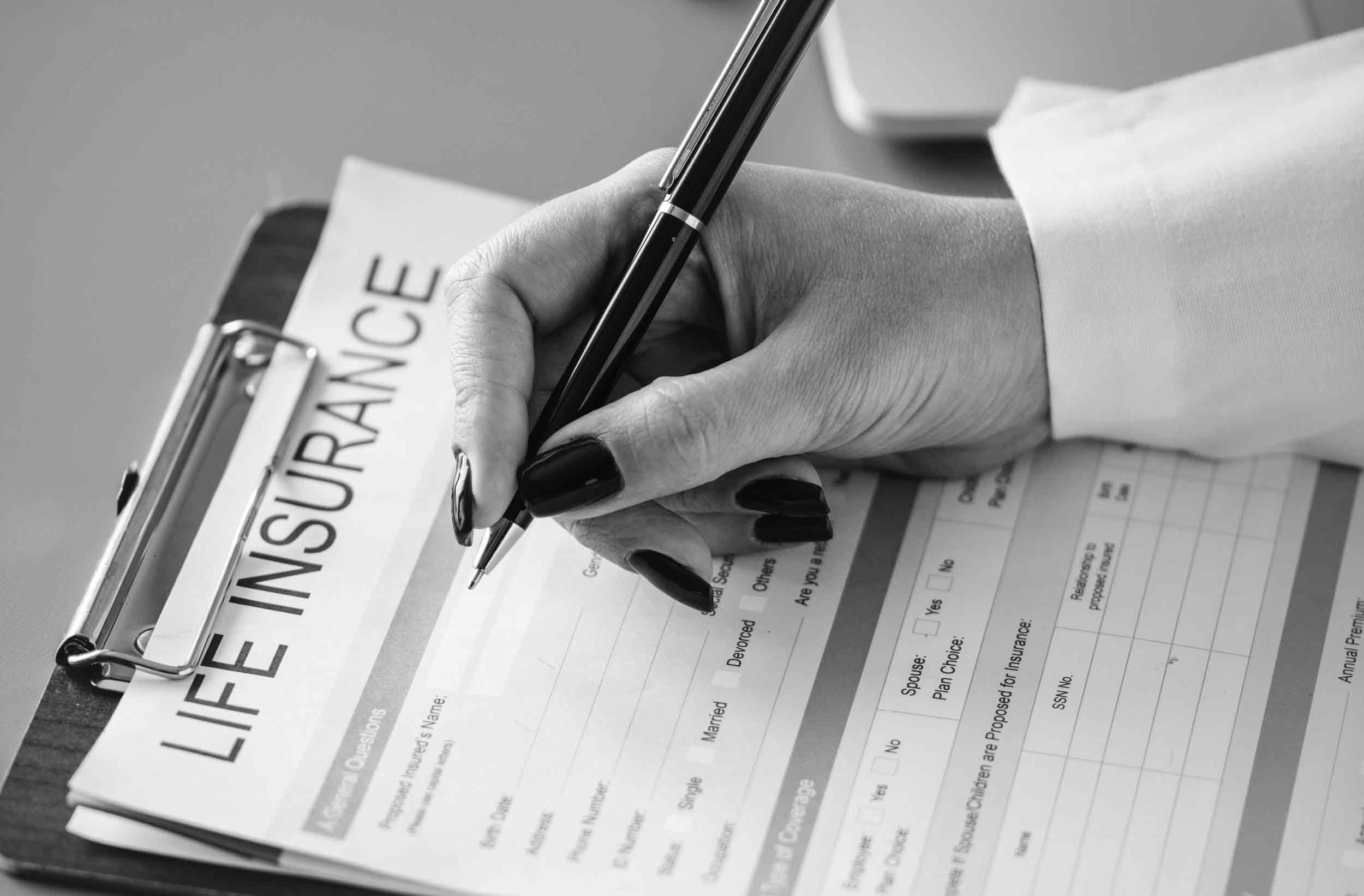If you are fortunate, you may never have to make a claim against your insurance. However, when things do go wrong and you are involved in an unexpected accident, disaster or other loss that is covered by your insurance policy, you can make a claim with your insurer.
The policy you buy is a promise of assistance when things go wrong, provided you fall within the policy’s terms and conditions. You need to lodge a claim to activate the insurer’s response. If your claim is accepted (and almost all are), the insurer will fulfil the promise it made in the policy. This is commonly through repairing or replacing damaged property or items, covering legal fees, or through a payment.
What is a claim?
When you make a claim on an insurance policy, you are formally notifying the insurance company that you have suffered a loss or damage that you believe is covered by the policy and you are requesting action. The insurer will review your claim and see if the event or circumstances are risks covered by the policy.
You will need to provide proof it is a genuine claim and the insurer will need to be certain the claim satisfies the terms and conditions of your insurance policy.
If your claim is accepted, the replacement or repair of your property or any payment by the insurer is called the benefit or payout. The insurer will work out the value of the claim and provide the appropriate benefit specified in your insurance contract.
The Claims Process
Insurance companies try to make the claims process as smooth as possible, but the policy holder must go through a few steps in the claims process.
Steps in making your claim
If you are well prepared and organised, and you have all the information that the insurance company needs to see, making a claim is usually straight forward and quick.
The first thing you must do is contact your insurance company as soon as the event happens, especially if the loss is due to theft or a serious accident.You may choose to review the terms and conditions for your insurance policy to see if you have a valid claim and that the event is not on the list of exclusions for your policy. Your insurer will do this anyway once you lodge a claim.
You can make your claim progress much more smoothly if you take an organised, step-by-step approach. The following guidelines will help you to make sure that you don’t overlook any of the important steps in the process.
Before you claim
Safety first
Damaged buildings can be very dangerous, so it’s important to listen to the advice of emergency services authorities about access to your property and the general area. If your property is not safe, do not try to enter. Above all, make sure you and family stay safe at all times.
Contact the police
If you are ever affected by a crime such as theft, vandalism, malicious acts, or any serious accident (such as one in which a person is injured or a towtruck is required), you should call the police as soon as possible and keep the incident number they give you. Some policies may require police reports regardless of how serious the accident is, so familiarize yourself with yours before the accident.
Follow any directions the police give you and give them as much information as you can about what happened. For any serious incident, a police report will be made. Ask the police officer that you are dealing with to give you the police report number. You will need to include this in your insurance claim.
Review your Policy terms and conditions
You may choose to review the policy terms and conditions and your policy schedule for your insurance policy to see if you have a valid claim and that the event is not on the list of exclusions for your policy. Your insurer will do this anyway once you lodge a claim. At this time you can check on the amount of excess you may need to pay.
Newton Jazire
BIC CEO




